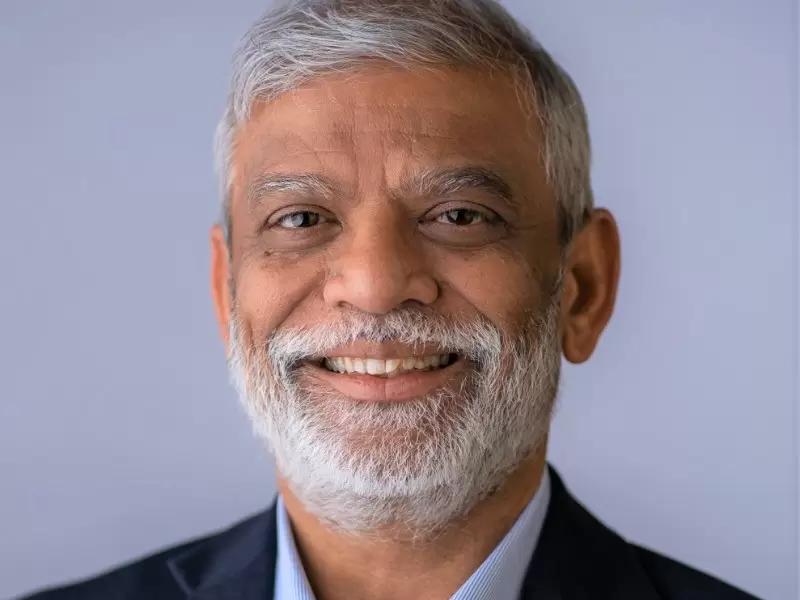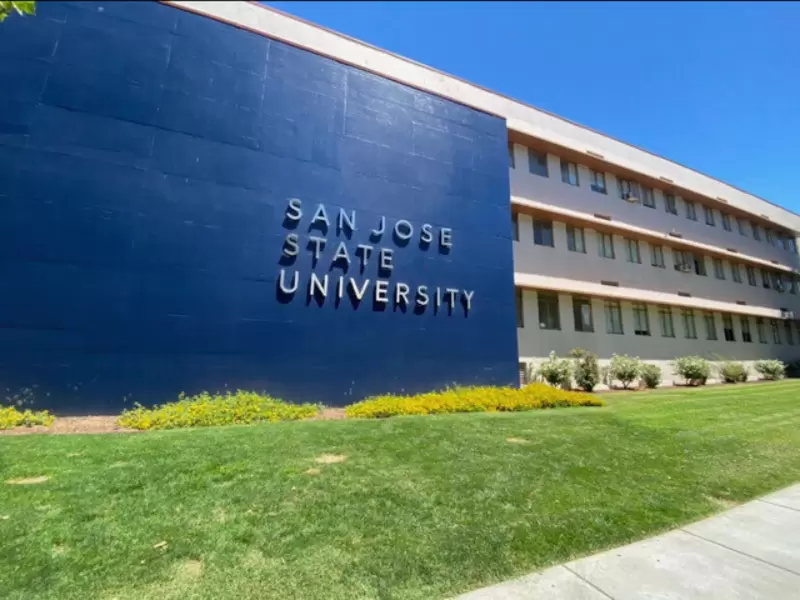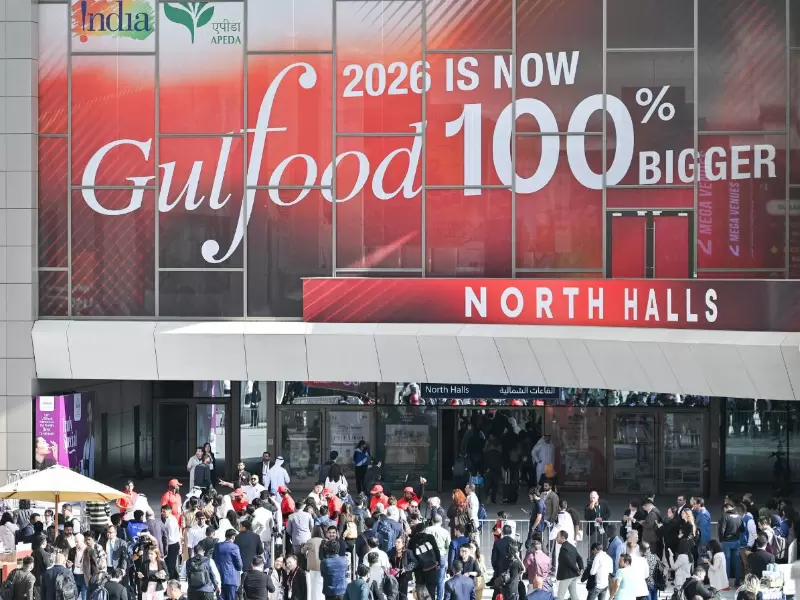ADVERTISEMENT
POP
See MoreCommunity
See MoreAyodhya-inspired grand Ramlila in Moscow on Feb 20, Russian artists to enact key roles
Through theatrical performances, festivals, and educational initiatives, the event will present a powerful example of unity between the two nations.
-
The series will examine U.S.–India relations, diaspora politics and civic life.
-
The community organization also suggested further easing of R-1 rules to reduce difficulties faced by visa holders and applicants.
-
The competition featured 31 performances by dancers from 18 academies and included an oath ceremony for FIA’s 2026 executive committee.
ADVERTISEMENT
Videos
View AllOpinion
See MorePeople
See MoreChaitanya Korra to receive UNM Young Alumni award
The Indian-origin architect is among nine alumni honorees.
-
He has led the development and scaling of cloud-based platforms focused on operational efficiency, growth, and customer value.
-
He brings more than three decades of leadership experience across global consumer products companies.
-
He earned an economic degree from the university and was a founding father of one of the campus’ fraternities.
ADVERTISEMENT
Entertainment
See More
Badshah described the game as one of his first loves and reminisced having grown up watching legends of the game like Michael Jordan, Allen Iverson and Kobe Bryant.
-
The movie is a cinematic adaptation of the Marathi novel "Chhaava," written by Shivaji Sawant.
-
Band to perform May dates across U.S. and Canada this spring.
-
Actor to portray Ravi Shankar in Sam Mendes’ four-part biopics.
-
'Mana Shankara Vara Prasad Garu' is deeply rooted in emotion,...
-
ADVERTISEMENT
Immigration
See More
Senators Ron Wyden and Edward J. Markey noted that this would not just hurt the privacy of visitors but would also hurt the privacy of Americans too.
-
Sneha Khilwani and her family moved back to India after a decade in Canada and explained how their OCI cards...
-
Citing federal data, the letter said workforce shortages are already affecting millions.
-
The decline was noted at a time when a growing...
-
Washington records highest Indian deportations, with numbers surging past 3,400,...
Food
See More-
The online marketplace has grown through digital commerce driven by demand for accessible Indian products in the U.S. since its...
-
The Indian-American author and TV host discussed her show Taste the Nation and her new book at the university event.
-
The online marketplace has grown through digital commerce driven by demand for accessible Indian products in the U.S. since its...
-
Industry growth reflects shifting lifestyles, employment creation and evolving expectations...
-
This year’s list includes Indian-origin chefs and restaurant groups whose...
-
The restaurant will soon begin serving the buffet daily from...
-
Kapur attributed unhealthy outcomes largely to lifestyle choices.
-
The chef added that beyond the food, what left a...
SPORTS NEWS
See MoreCanada after Mikael Kingsbury’s gold jumped to the 15th position...
Hoesflot Johannes Klaebo (Norway) became the second athlete to complete...
India posted 209/9 in their 20 overs, powered by Ishan...
While Norway added three more golds to its tally, Germany...
-
ADVERTISEMENT
News
See More-
ADVERTISEMENT
Please enter something
- Asian Americans
- Biz
- Books
- Canada
- Community
- Culture
- Dating
- Diplomacy
- Diwali
- Editor picks
- Editorial
- Explainers
- Fashion
- Features
- Food
- Immigration
- India
- India Decides '24
- India Independence Day
- Letters to the Editor
- Life
- Maha Kumbh
- Movies+
- News
- Opinion
- People
- Ram Mandir
- Reviews
- Rooted and Roaming
- Sports
- Spotlight
- Tech
- Travel n’ Diplomacy
- Trump 2.0
- UK Votes 2024
- US Elections 2024
- USA
- West Coast



























